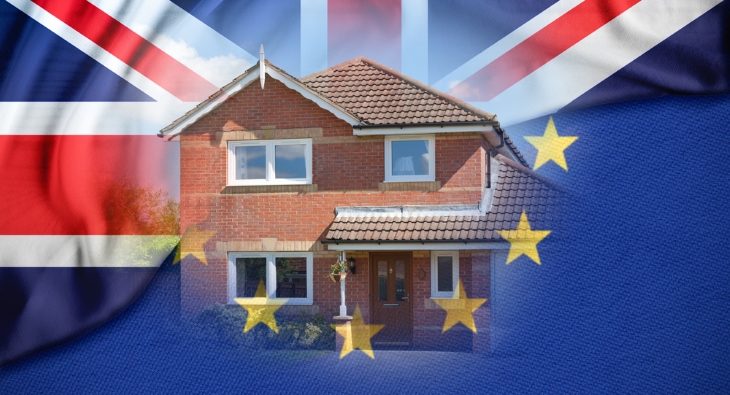It would take a brave person to try to predict what the outcome of Brexit will be politically but, just like every other business in the UK right now, we’ve been thinking about what it could mean for our sector. We’ve weighed up the current trends in Edinburgh’s private rented sector and considered how things are likely to be affected by the uncertainty in the UK economy and housing market.
What changes will result from Brexit?
House price growth is likely to slow or stall on the back of a potential recession. This will be caused by a drop in people selling and buying as they hold off to see what impact Brexit has on house prices. The irony is that it will be the large number of buyers and sellers “holding off” that has the biggest impact on house prices rather than Brexit itself. When large numbers of buyers and sellers take a pause, the volume of sales drops and the properties on the market take longer to sell and prices drop as a result. Once this is reported, it creates more reason for buyers and sellers to hold off and the cycle repeats itself. If house prices do stall, it will be temporary due to the larger economic factors of low housing supply and high demand in and around Edinburgh meaning the long-term outlook for capital growth in property remains strong.
The UK mortgage market is likely to be affected. The last time the British economy went into recession (2008), the number of mortgage products on the market reduced significantly, tougher lending criteria was put on borrowers and the loan-to-values of available mortgage products dropped (i.e. larger deposits from buyers became necessary). This caused the private rented sector to grow at that time for two main reasons. Firstly, many property owners who were moving house did not want to sell their previous property at the time for less than they thought the property was worth, so they rented it out. Secondly, due to larger deposits being required from buyers and tougher lending criteria, the average age of first time buyers increased significantly meaning the number of years people spend renting has increased which has grown the demand for rented properties and the size of the sector overall.
What will not change as a result of Brexit?
Edinburgh’s population will continue to grow. Projections from the National Records of Scotland expect Edinburgh’s population to increase by 21% over a 25 year period.
There are not enough new homes being built to meet the demands of the growing population. The deficit of new homes being built and population demand is projected to get larger i.e. every year Edinburgh will have less and
The average age of first time buyers will continue to increase (currently 31 years old). The number of homes in the private rented sector across the UK is expected to rise to 24% by 2021 from just 21% five years previously.
Summary
Putting all of this together means that Edinburgh’s private rented sector will be relatively unaffected by Brexit. Edinburgh buy-to-let property will continue to be a sound investment for landlords. If house prices stall and the mortgage market becomes tougher, this creates great opportunities for buy-to-let investors to get a good deal on growing their portfolio and the long-term outlook for rental and capital growth in property remains very good due to the increasing gap between the homes being built and the number of homes required.
